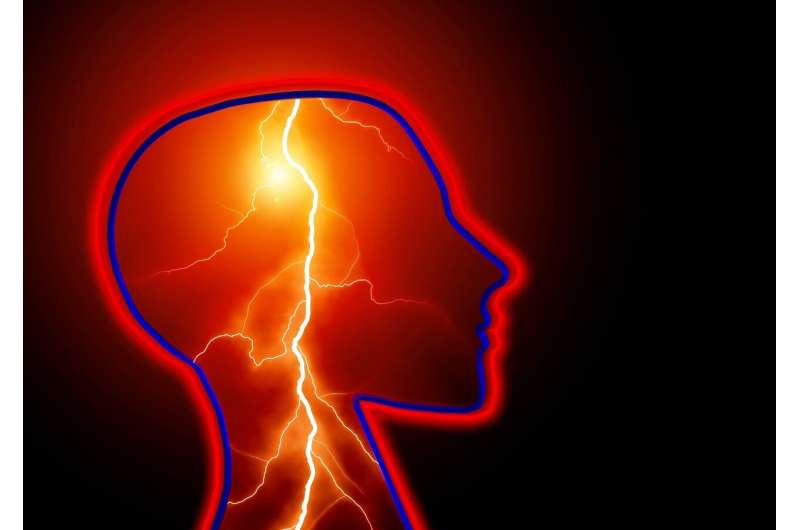

Stroke patients were nearly 50% more likely than heart attack patients to develop depression, and female stroke patients had a higher risk of depression than their male counterparts, according to two preliminary studies by the same research group to be presented at the American Stroke Association’s International Stroke Conference 2021.
In what researchers described as one of the largest study of post-stroke depression to-date, they conducted two investigations using the same U.S. Medicare dataset of patients ages 65 or older hospitalized for ischemic stroke or heart attack from July 2016 to December 31, 2017. Among more than 11 million Medicare beneficiaries who were admitted during the two-year study period, there were 174,901 with admission for ischemic stroke and 193,418 with admission for heart attack. Patients were followed for 1.5 years, and patients with prior history of depression in the six months preceding their stroke or heart attack were excluded.
“Depression following stroke is almost three times as common as it is in the general population and may affect up to a third of stroke patients. Patients with post-stroke depression also experience poorer quality of life and outcomes,” said lead author Laura K. Stein, M.D., M.P.H., assistant professor of neurology at the Icahn School of Medicine at Mount Sinai and an attending neurologist at Mount Sinai and Mount Sinai Queens Stroke Centers in New York City.
In the first study (Presentation 22), researchers found:
- The risk of depression was about 50% more likely among patients who had a stroke (174,901) compared to patients who had a heart attack (193,418).
- History of anxiety was found in 10.3% of ischemic stroke patients and 11.8% of heart attack patients. Ischemic stroke patients with a history of anxiety were 1.7 times more likely to develop depression than patients without anxiety.
- History of anxiety was the strongest predictor of post-stroke depression, while being discharged home resulted in less depression.
- White patients were 1.33 times more likely to be diagnosed with post-stroke depression.
- Patients 75 and older were 0.79 times less likely to be diagnosed with post-stroke depression.
“We did not expect that the cumulative risk of depression would remain so persistently elevated. This finding supports that post-stroke depression is not simply a transient consequence of difficulties adjusting to life after stroke,” Stein said.
In another analysis by the same researchers (Presentation 21), female stroke patients (90,474) had a 20% higher risk of developing depression than male stroke patients (84,427).
Drawing from the same Medicare pool of patients, a comprehensive inpatient, outpatient and subacute nursing follow-up helped to detect new-onset depression more accurately compared to studies that don’t have follow up from multiple settings where depression may be tracked. Researchers calculated the increasing risk for depression in females vs. males over 1.5 years of follow-up.
Source: Read Full Article